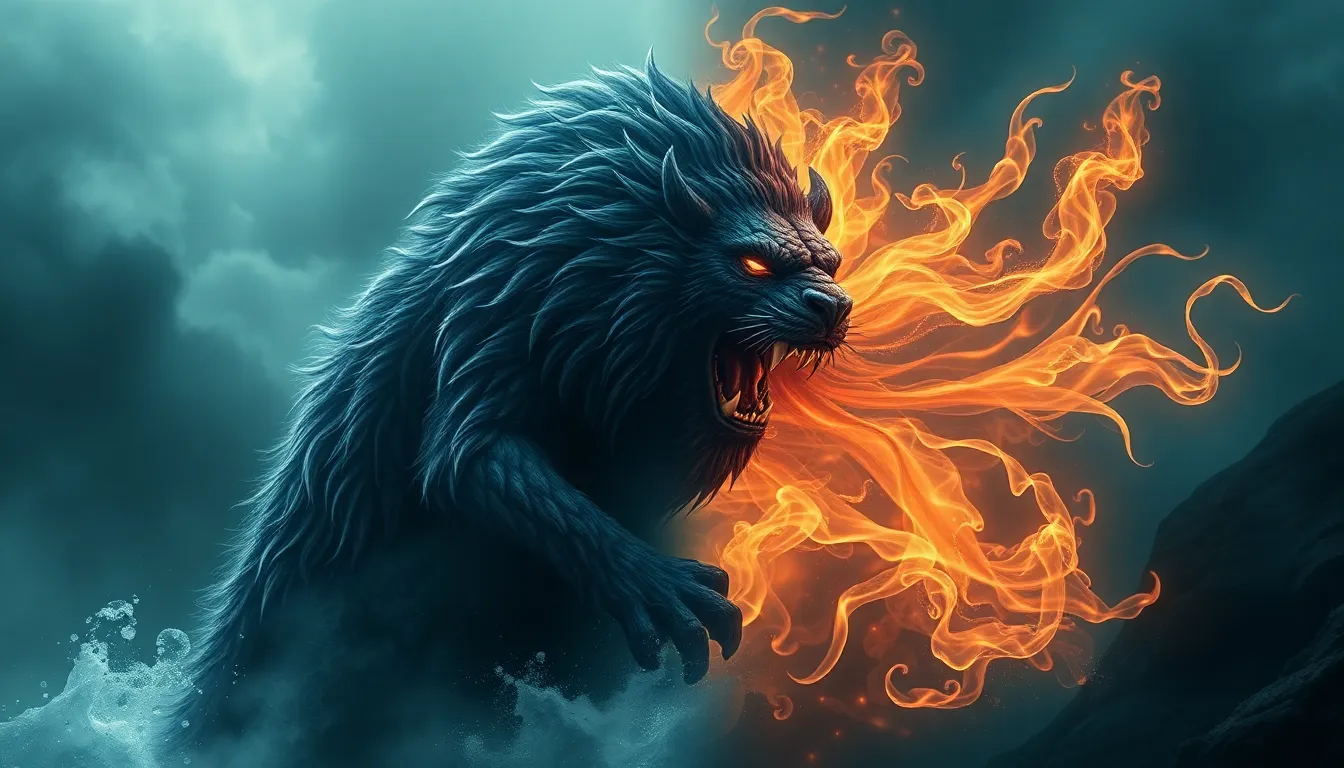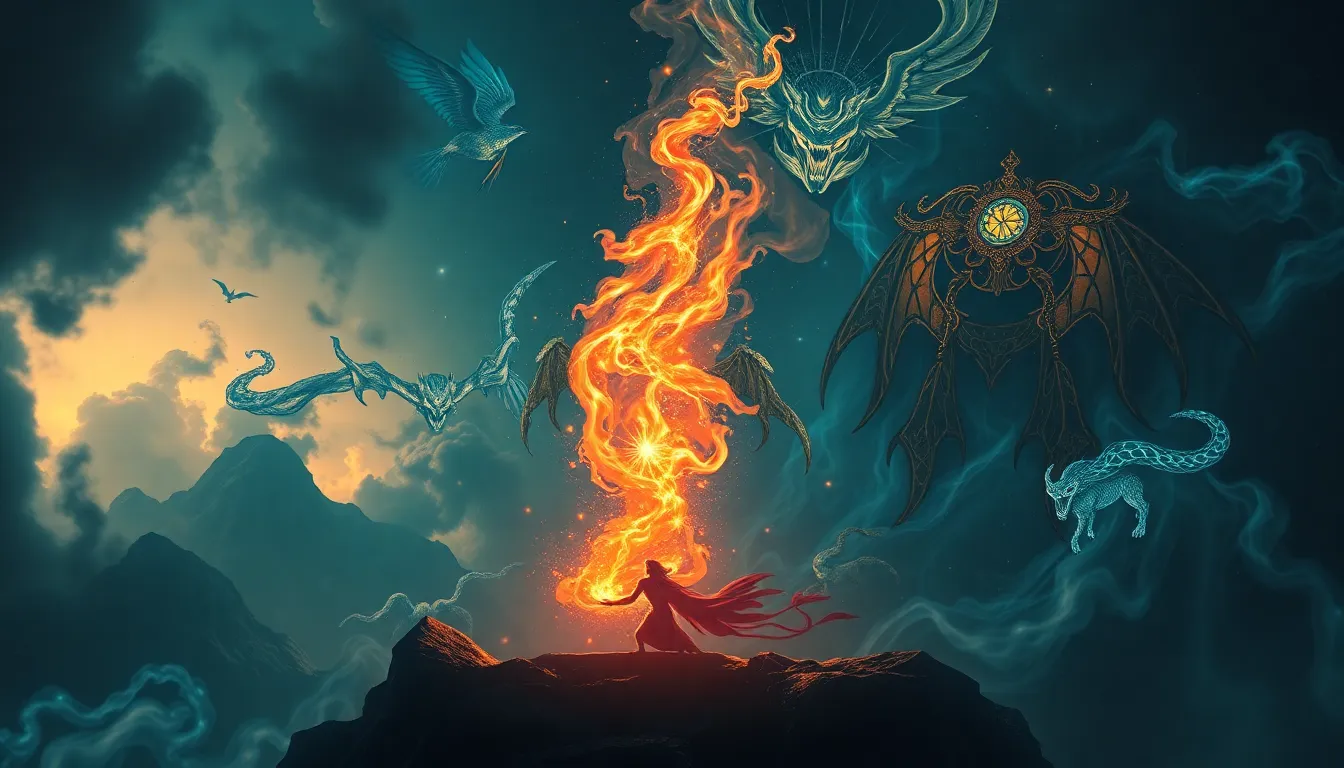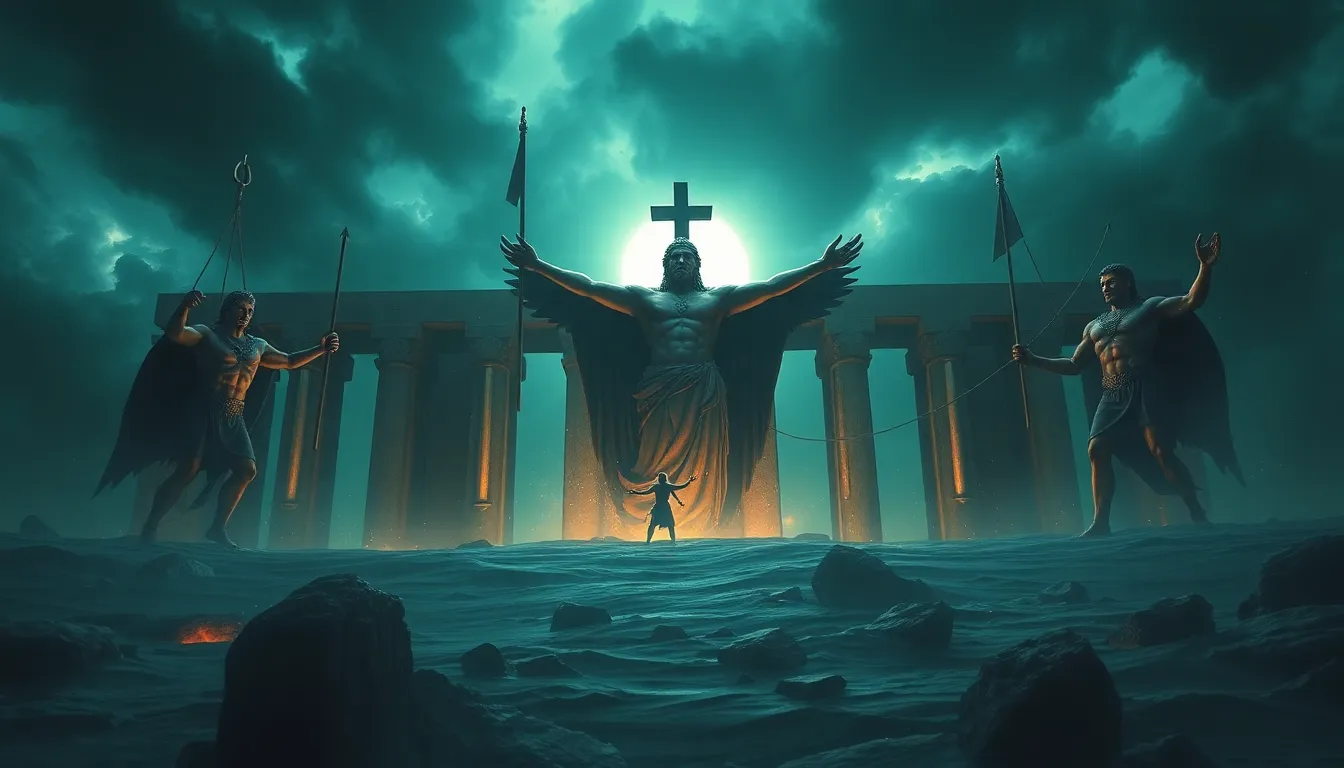Incan Mythology and the Divine Right of Kings
The Inca Empire, a vast and powerful civilization that flourished in the Andes Mountains of South America, was built upon a foundation of divine authority. Their belief system, deeply intertwined with mythology, held that the Inca rulers were not simply mortals but descendants of the Sun God Inti, the ultimate source of power and legitimacy. This belief, known as the divine right of kings, permeated all aspects of Inca society, from the political structure to daily life, shaping the empire's trajectory and influencing its enduring legacy.
The Inca Empire: A Society Founded on Divine Authority
The Incan Empire, at its peak, stretched across a vast territory encompassing modern-day Peru, Bolivia, Ecuador, Chile, and Argentina. This remarkable achievement was attributed not only to their military prowess and skilled administration but also to their potent ideology of divine rulership. The Incas believed that their emperors, known as the Sapa Inca, were divinely chosen and had a sacred duty to maintain order, prosperity, and harmony within the empire. This concept of divine authority served as the bedrock of their political and social order, a unifying force that bound disparate peoples under one banner.
The Sun God Inti: The Source of Inca Power
At the heart of Inca mythology stood Inti, the Sun God, revered as the ultimate source of life, light, and sustenance. Inti was the creator of the world, the giver of harvests, and the guarantor of all forms of prosperity. The Incas saw the Sun God as a benevolent deity who watched over them and ensured their well-being. Inti's presence was felt in the daily rhythms of life, the warmth of the sun, and the growth of crops. His power and influence were recognized in the architectural design of temples dedicated to his worship, the rituals performed in his honor, and the elaborate ceremonies designed to appease him.
The Sapa Inca: The Son of the Sun God
The Sapa Inca, the emperor of the Inca Empire, held an exceptional position within this divinely ordered system. He was not merely a ruler but a living embodiment of the Sun God Inti, a descendant of the divine realm entrusted with the responsibility of governing the mortal world. The Sapa Inca was believed to possess a sacred bloodline, a direct lineage that traced back to the Sun God himself. This divine descent bestowed upon him absolute authority, placing him above the common people and granting him access to the spiritual realm.
The Sacred Lineage: Maintaining Divine Bloodline
Maintaining the purity of the Sapa Inca's lineage was paramount to the stability of the empire. The Inca believed that the divine right to rule was inextricably linked to the Sapa Inca's bloodline, and any deviation from this sacred lineage would weaken the empire's legitimacy. To ensure the purity of the bloodline, the Sapa Inca would typically choose a wife from within a select group of noblewomen, daughters of the Inca nobility, ensuring that the sacred lineage was maintained. The Inca also developed sophisticated systems of inheritance, ensuring that the throne passed only to the Sapa Inca's chosen heir, preserving the divine lineage and the empire's stability.
The Role of the Oracle: Conferring Legitimacy
The Incan belief in divine rulership wasn't solely based on lineage. The Inca people also believed in the power of oracles, individuals believed to possess the ability to communicate with the divine realm. These oracles played a crucial role in legitimizing the Sapa Inca's rule. Before a new Sapa Inca ascended the throne, oracles would be consulted to confirm that the chosen heir was indeed favored by the gods. The oracle's pronouncements, seen as divine pronouncements, served as a powerful confirmation of the Sapa Inca's right to rule, adding another layer of legitimacy to their authority.
The Inca State: A Divine Institution
The Incan state was not merely a political entity, but a divine institution, reflecting the belief that the state was an expression of the divine will. The Sapa Inca, as the living embodiment of the Sun God, was responsible for maintaining the harmony and prosperity of this divinely ordained state. Every aspect of Inca society, from the elaborate system of roads that connected the empire to the intricate agricultural techniques utilized for food production, was seen as a reflection of the divine plan.
Rituals and Offerings: Maintaining Divine Favor
The Incas held elaborate rituals and ceremonies to appease the gods, seeking to maintain their favor and ensuring the empire's continued prosperity. These rituals often involved offerings of precious metals, food, and animal sacrifices, intended to honor the gods and appease them. The Sapa Inca, as the intermediary between the gods and the people, played a central role in these ceremonies, ensuring that the rituals were performed correctly and that the gods remained pleased.
Theories on the Divine Right of Kings: A Social Construct
While the Incas firmly believed in the divine right of kings, modern scholars offer alternative perspectives on this ideology. Some scholars posit that the divine right of kings was a social construct, a belief system created by the Inca elite to solidify their power and legitimize their rule. This theory suggests that the Incas consciously crafted the belief in divine rulership to maintain social order and control within the empire.
The Divine Right of Kings: A Tool for Control
The notion of divine right of kings provided the Sapa Inca with a powerful tool for maintaining control over the vast and diverse empire. The belief that the ruler was a divine entity, chosen by the gods to lead, instilled obedience and respect among the people. This ideology also served to legitimize the Sapa Inca's actions, even in cases where his decisions may have been controversial or unpopular.
FAQ
1. What is the divine right of kings?
The divine right of kings is a belief system that holds that a monarch's right to rule is divinely ordained, meaning that a king or queen's authority comes directly from God.
2. Why was the divine right of kings important in the Incan Empire?
The Incan Empire believed that their emperors were descendants of the Sun God Inti, making them divinely chosen to rule. This belief served as the foundation of their political and social order and played a major role in unifying the empire.
3. What role did oracles play in the Incan belief system?
Oracles were believed to have the ability to communicate with the divine realm. They played a crucial role in confirming the Sapa Inca's right to rule, adding another layer of legitimacy to their authority.
4. What did the Incas do to maintain divine favor?
The Incas held elaborate rituals and ceremonies, often involving offerings of precious metals, food, and animal sacrifices, to appease the gods and ensure the empire's continued prosperity.
5. Is the divine right of kings a social construct?
Some scholars believe that the divine right of kings was a social construct, created by the Inca elite to solidify their power and legitimize their rule.
6. How did the divine right of kings help the Sapa Inca maintain control?
The belief that the Sapa Inca was chosen by the gods instilled obedience and respect among the people, providing a powerful tool for maintaining control over the empire.



